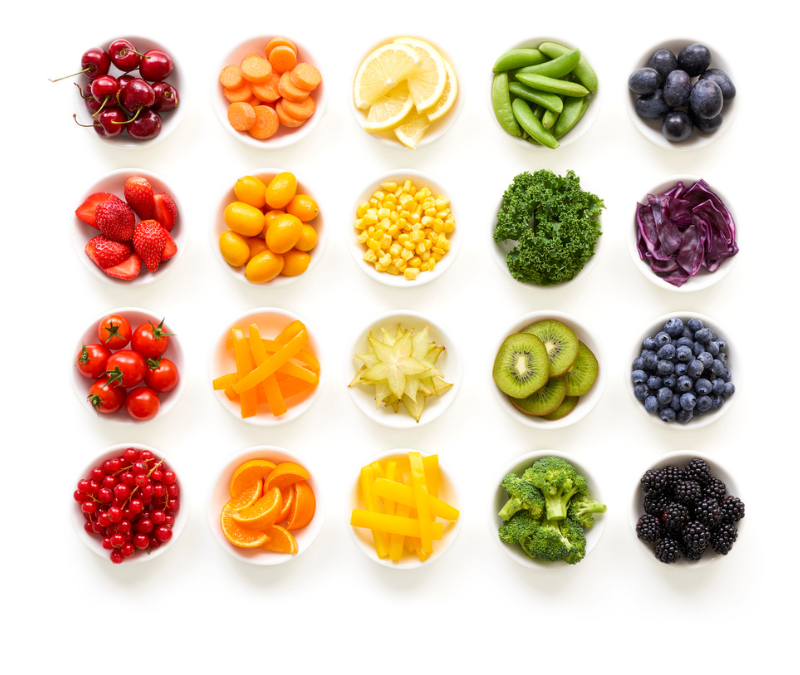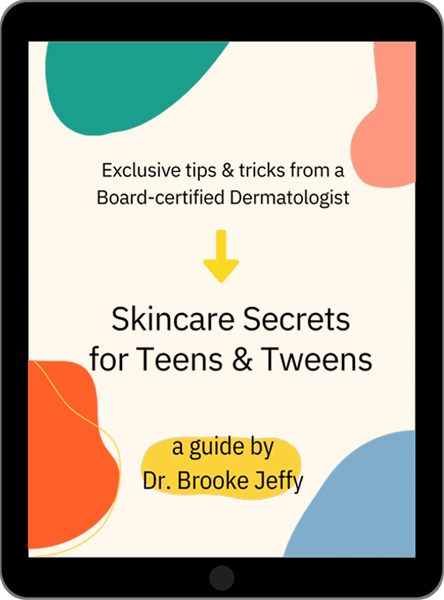That saying, “you are what you eat,” is so true. Just like we can not out exercise poor eating habits for weight loss, there is no cream that will undo the negative effects of a pro-inflammatory, highly processed, high sugar diet on the skin. There are so many ways our food choices influence our skin health from contributing to acne and rosacea to loss of collagen. Read on to learn how a poor diet enhances age related skin changes and how to eat to minimize those changes.
Think of sugar as enemy #1 in the diet.
Not only does sugar spike insulin and influence hormones in an overall proinflammatory way throughout the body resulting in a myriad of detrimental effects, but it also directly causes wrinkles! Through a process called glycation, sugar bonds to various molecules in the body altering their intended functions. The resulting glycated molecules are called advanced glycation end products or AGEs. I mention this term because there are skincare companies now referring to this process on their labeling. AGEs clump together and wreak havoc on surrounding tissues through the production of free radicals. In the skin, collagen and elastin are responsible for elasticity and firmness yet they are incredibly vulnerable to glycation and are damaged by free radicals. Bottom line, sugar damages collagen and elastin which we want to protect for a more youthful appearance.
AGEs are also found in foods. Consumption leads to the same results of inflammation and damage to our collagen and elastin. AGEs are highest in grilled and roasted meats, fried foods, fats and highly processed foods.To avoid ingesting AGEs, choose foods that are boiled, steamed or poached and focus on fresh, whole foods. I try to remember what AGEs are doing to my collagen when eyeing my weakness, dessert!
What can you do?
This is where antioxidants come into play. That other common food saying, “eat the rainbow,” is also true. It is antioxidants that make our fruits and vegetables so colorful. Antioxidants help to neutralize those free radicals induced by AGEs and sun exposure. Focus on foods rich in vitamin C (oranges), lycopene (tomatoes), polyphenols (green tea, blueberries), Zinc (nuts, whole grains) and Vitamin E (almonds, spinach).



